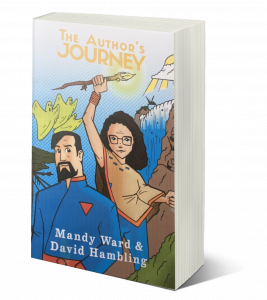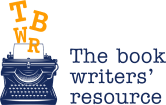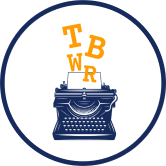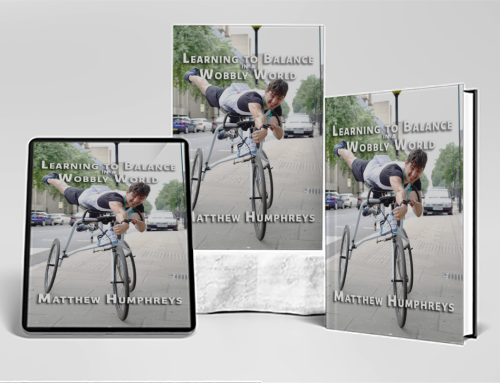Have you ever considered what it would be like to write a book?

What we’ve learned from working with aspiring authors just like you…
If you are an ‘aspiring’ author, then you will no doubt have lots of questions to get answered before you put pen to paper or hands to keyboard. We’ve been working with your ‘type’ for quite a while now. You, the ‘aspiring author’. This is what we’ve learned and these are the key tips that will help you on your way to becoming a published Author.
1 You Are Good Enough!
Yes, You! You are good enough. There. We’ve said it again and we will keep on saying it. Every single author we have ever spoken to has asked us this question alongside the ‘Is my idea for a book any good?’. The answer in every single instance of every single book we have ever worked on – Yes! (and even if was not such a great idea, we will always give you feedback on how to make it a good idea).
Every single author has their own Imposter. You know the one? Yes, the one that wants you to fall on your arse and fail. Remember those four words the next time the imposter comes calling. And if they keep on calling, we’ve worked with an Author recently who can help you with ‘Imposter Syndrome’.
Get past it as quickly as you can and get your book done.
2 Write, Edit, Edit, Edit.
You’ve heard the expression, measure twice, cut once haven’t you? The same applies to the ‘edit’ stage. We hate working with books that have not been edited properly and in fact in some instances we’ve turned that work away. Why? Because the edit stage is critical. There are those of us who are forgiving of a few grammatical errors if we enjoy the story or the content of a subject matter book. But, if a book is left ‘unedited’, then there’s a risk of any or all of the following:-
- Wrong words (they sound the same but mean different things e.g. wonder/wander, their/there, sore/saw). Some can totally mislead the reader and some can be downright embarrassing.
- Dead ends. Ever read a book where a question is left unanswered or where a scene or character leads to a dead end?
- Flow. If a book doesn’t ‘flow’, your sentences are too long or your words too ‘wordy’, it can tire and even bore the reader.
- Character flaws. Ever watched a film where you think ‘No, that would never happen?’. Your characters must connect to the reader, to each other and to the plot.
- Hooks and Cliff-hangers. It’s important to ‘hook’ your reader into your subject matter, your storyline and your plot. A good cliff-hanger will leave the reader keen to turn to the next chapter. Ever watched a great TV series but have had to wait eagerly for the next episode? That’s a ‘cliff-hanger’.
3 Have A Timing Plan
And stick to it. It’s not just your time either. An editor and a proof-reader will most likely have worked booked in weeks in advance. Book them in to your plan. This will help you to stay on track and hit deadlines.
4 Have A Budget
Whilst you can write your book in a word document and work with someone who might want to do illustrations for free or the promise of royalties (this is very rare), it’s worth researching the costs of having a book made before you set off on your writing journey. Committing to a budget will also motivate you to get the writing done if you experience procrastination or what is commonly called ‘Writers Block’. Once you commit your hard earned cash to a project, it’s more likely to get done.
5 Proof-reading
We always, always recommend that a professionally qualified proof reader does this for you. And we always, always recommend that it’s someone outside of the current book project team. Why? Because we can all become ‘immune’ to our choice of words, language, mistakes and grammatical mistakes. There’s nothing worse than being the proud author of your book, to then have someone say ‘there’s a typo on page 4’. Being a proud Author means not leaving silly mistakes to chance or to the friend with an eye for detail who does it s a favour, for a cheap price or for free.
6 Time Away
Once your book is written and before you pay for editing, typesetting or proof-reading, take some time away. Most of our authors want to make changes after the book has been typeset. In some instances, total re-writes of chapters and insertions of things missed the first time around. These types of substantial changes won’t be covered in the usual ‘3 rounds of edits’ and that’s because once a book has been ‘typeset’ those substantial changes will take hours rather than minutes. When you spend time away from your finished book and then go back to it, before it’s typeset, you will in all likelihood want to make changes. Taking time away will save you money from the expense of having it all re-typeset. Your book will also be better for you having had time away. In our experience there are always changes that an author wants to make and in most of those instances, those changes have been substantial.
7 Talk To Your Ideal Reader and Your Book Audience
It’s never too early to start talking about your book project. We have seen authors who announce very proudly to the world, ‘Here’s my book!’. In most instances, the answer at that point is ‘So What?’. A journalist will say that if you tell them you’ve written a book. The ‘back story’ is so important as that’s what will help you to build up your audience, before your book is published. Any PR specialist will tell you that launching a book cold without any prior forethought or strategy will mean no or few sales. It’s worth setting our your Marketing strategy as soon as you start writing your book and we can help you with that. We can help you with PR if you’ve got a budget set aside for it. Let your ideal reader, your book audience, you ‘tribe’ or your ‘fan’ club know what you are writing about but also let them know the ‘what’s in it for them’?
Why would they want to buy it and read it?
What’s so good about your book?
How will it help them and how will they benefit?
Marketing doesn’t have to be over-complicated, over-expensive and over the top.
Talk about your book ‘Why?’ as soon as you have the idea, as soon as you commit to writing it and let them know the answer to the WIIFM question (What’s In It For Me?).
Invite questions, comments, ideas and suggestions and include them in the journey.
For those fans who are loyal to you, who support you and for those who have helped you along the way, you can consider offering a substantial discount on the price of the finished book as well as a gift of them being the first to receive a signed and personalised copy.
Writing your book will take you on a journey of not only unpacking all of the knowledge, ideas and expertise in your head, it will take you on a journey to who knows where. It’s not a journey for the faint hearted and it’s not a journey you have to take alone. We can support you – from first word to finished book, for you to proudly show off on your book case. And of course, it can make you money too! If you’d like our help with any of the points mentioned here, to help you start your Author Journey, get in touch, we’d love to help you.



Leave A Comment